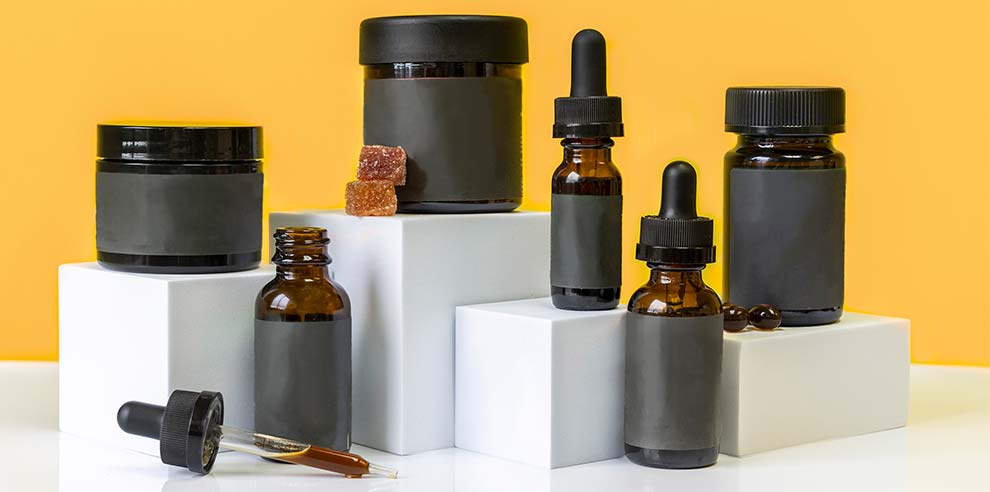What is CBD?
Cannabidiol, more popularly known as CBD, is one of more than a hundred cannabinoids – compounds found exclusively in the cannabis plant. Cannabis plants with less than 0.3 percent tetrahydrocannabinol, or THC – another cannabinoid – are considered hemp plants, as required by the USDA. All CBD products available online come from hemp. That’s what makes them legal.
What does CBD do?
CBD and THC, working together with all of the other cannabinoids, have a beneficial effect on the human body called the “entourage effect.” This means that all of the cannabinoids working together are better than any single cannabinoid working alone. That’s why full spectrum CBD – hemp extract with all its cannabinoids intact, including THC – is preferable to broad spectrum (CBD without THC) or CBD isolate (“pure” CBD).
How does CBD work?
CBD interacts with the Endocannabinoid System (ECS), helps the body return to homeostasis, or balance. Your ECS does this by working with endocannabinoids (which are like cannabinoids produced inside the body) and endocannabinoid receptors. The endocannabinoids bind to the receptors to tell the ECS what it must do to bring the body back to homeostasis.
Cannabinoids produced by the cannabis plant interact with the ECS in a similar way, especially CBD and THC. These cannabinoids signal the ECS to behave in certain ways. A lot more research must be done about the ECS and the systems that it affects, but we do know that ECS plays a role in many aspects of a healthy body.1
Can you get high from full spectrum CBD?
No. The legal limit of THC—the cannabinoid that makes you high – in hemp-derived CBD products is 0.3 percent, which is not nearly enough to get you high.2
Will full-spectrum CBD show up on a drug test?
Although that 0.3 percent of THC won’t get you high, it is enough to potentially show up in a drug test. Tests that screen for marijuana use typically are testing for the presence of THC. If your livelihood depends on passing a drug test, it is best to avoid full spectrum CBD.
Are there side-effects to taking CBD?
CBD is generally well tolerated and considered safe. Side effects are rare but include:
- dry mouth
- diarrhea
- reduced appetite
- drowsiness
- fatigue
Consult your physician before use if you have a medical condition or are taking any medications. Research into the effects of CBD while pregnant or breastfeeding has been limited, so its use by women in these conditions is inadvisable.
How much CBD should I take?
The proper dosage is subject to things like your weight and metabolism, the condition you’re trying to support, and the quality of the CBD. In general, you should start small — around 25 mg — and work your way up to a higher dose in 10 mg increments. Keep a journal to record your daily dose and how you are feeling so you may track your progress and determine the optimal dosage for you.
References
- Raypole, Crystal. “A Simple Guide to the Endocannabinoid System.” Healthline. Pub: 17 May 2019. Accessed: 20 Sep. 2021. https://www.healthline.com/health/endocannabinoid-system.
- Holland, Kimberly. “Can you get high from CBD or CBD oil?” Healthline. Pub: 23 Aug. 2019. Accessed: 21 Sep. 2021. https://www.healthline.com/health/does-cbd-get-you-high#misconceptions



